Have you ever wondered, "Can birds see color?" Perhaps not many of us know the answer. So today's article will thoroughly explain this interesting topic to you. Join us on a journey to unravel the secrets of avian vision, exploring how colors play a pivotal role in their mating rituals, food quests, and even survival strategies. Are you ready? Let's go!
Can Birds See Color?
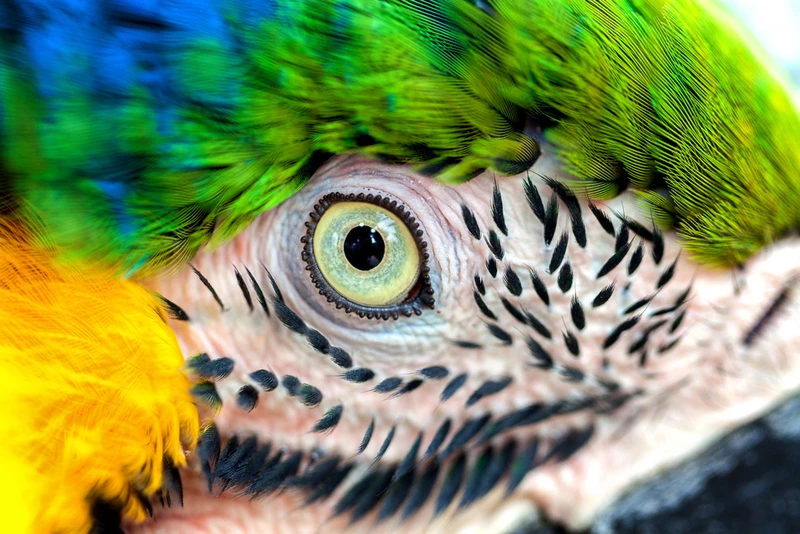 Source: Google
Source: Google
Yes, birds can see color. Birds, like many of us, are big fans of color. They use it as a kind of language in their daily lives.
First off, if a bird is rocking some vibrant feathers, it's like waving a flag and saying, "Hey, I'm a mature, healthy bird, and I'd make a great mate." It's like putting on your best outfit for a date.
When birds start changing into their fancy, brighter colors, it's like they're saying, "Guess what? It's breeding season, and things are getting serious."
But it's not just about impressing a potential partner. Sometimes, those flashy colors are a bird's saying, "Watch out! There might be some plant toxins around here, or there's a serious predator nearby."
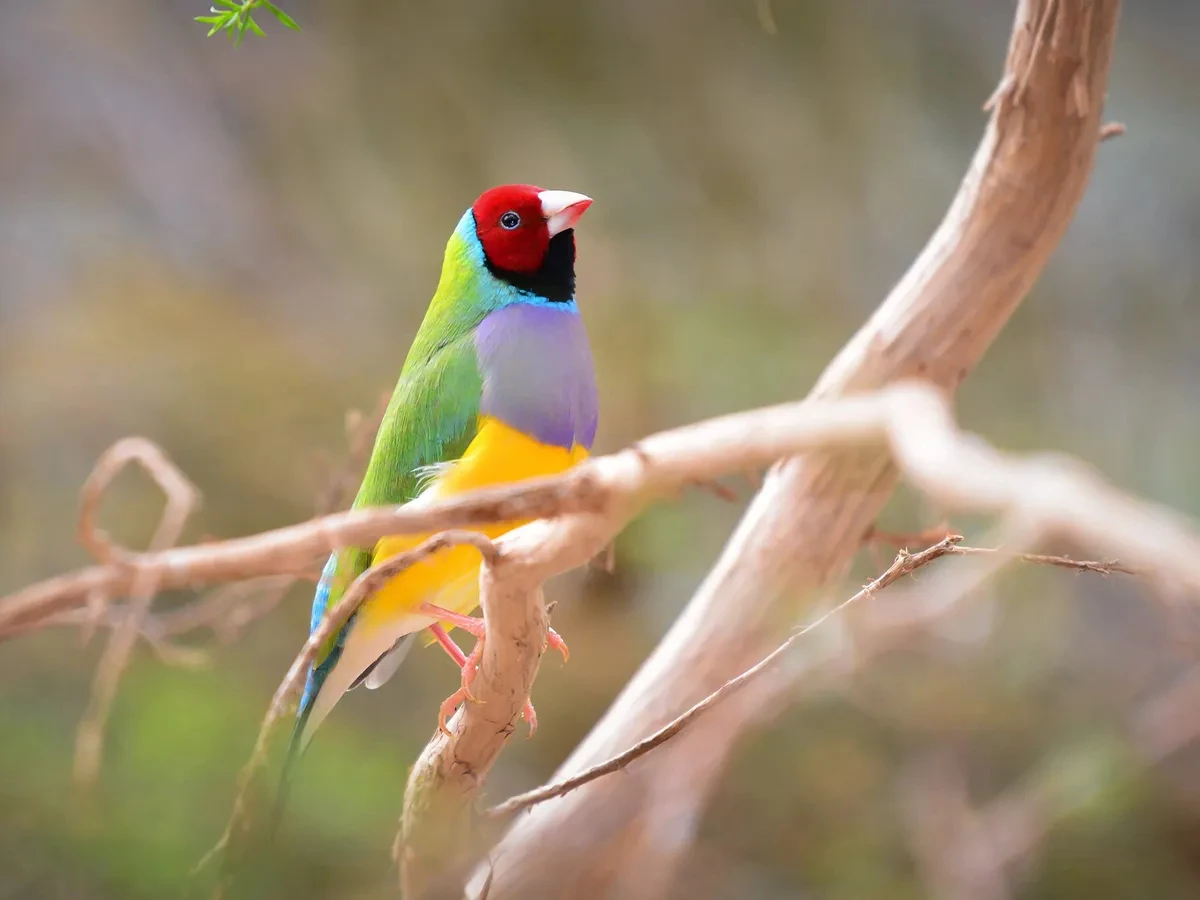 Source: Google
Source: Google
And let's not forget about the colorful buffet. Bright fruits? They're like the neon signs saying, "I'm ripe and packed with nutrients—come and get it!"
Flowers also play the color game. They flaunt their vibrant hues to attract buzzing insects, creating a food party for birds.
Even the changing colors of leaves signal something important. Birds pay attention, knowing it's time for a shift in seasons or maybe a migration adventure.
So, think of colors if you want to throw a bird-friendly party in your yard. It's like creating a bird paradise, especially in the colder months when nature might be a bit low on the color spectrum.
What Do Birds Do With Colors?
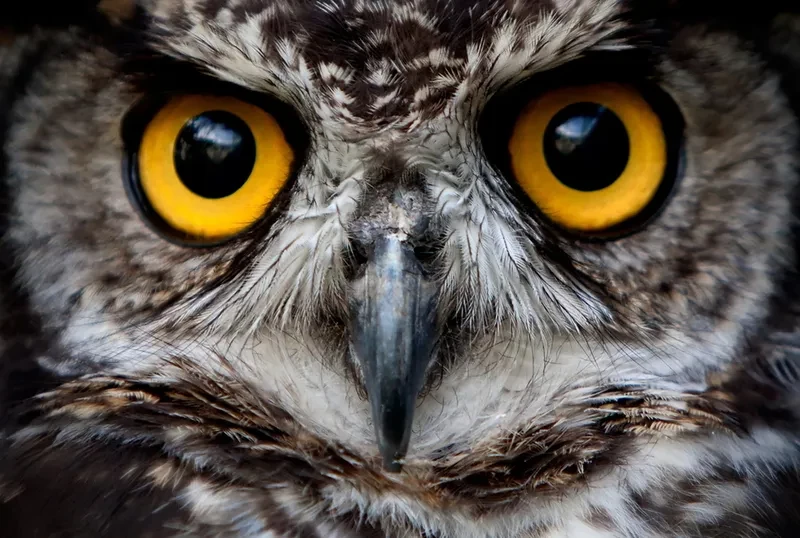 Source: Google
Source: Google
Birds Use Color To Find Food
Color is like a secret code for birds when it comes to food. Whether it's nectar from flowers or tasty fruit on trees, color is their way of figuring out if it's snack time.
When fruit is all bright and vivid, it's like a flashing sign saying, "I'm ripe and delicious!" Birds spot these colors and know it's time to feast on all the good stuff packed inside.
Now, flowers also play the color game. The brighter they are, the more nectar they have. It's like an invitation for birds, especially hummingbirds, to come and sip on the sweet nectar. But here's the twist—bugs also love these colorful flowers.
So, when birds drop by for a snack, they might catch a few insects having their own meal. It's a colorful world out there, and for birds, those vibrant hues are like a map leading them to the yummiest treats nature has to offer.
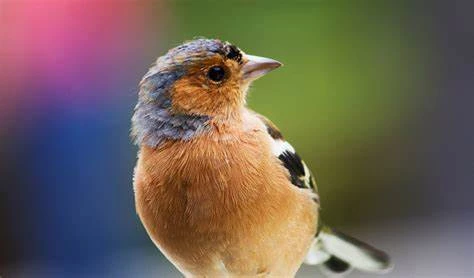 Source: Google
Source: Google
Birds Use Color To Attract And Find Mates
Guess what birds do when they're ready for a makeover? They molt! It's like shedding their old feathers and getting a brand-new, stylish set.
Imagine winter is finally over, and birds are like, "Out with the old, in with the new!" They ditch their dull feathers and put on a fresh, colorful coat. Why? Well, it's like their way of saying, "Hey, check me out! I'm ready for the dating game."
You see, when birds flaunt vibrant feathers, it's like waving a flag that says, "I'm a strong, healthy partner." It's their version of getting all dressed up and showing off to find the perfect mate. So, the next time you see a bird rocking some fancy feathers, you'll know it's in the game of love!
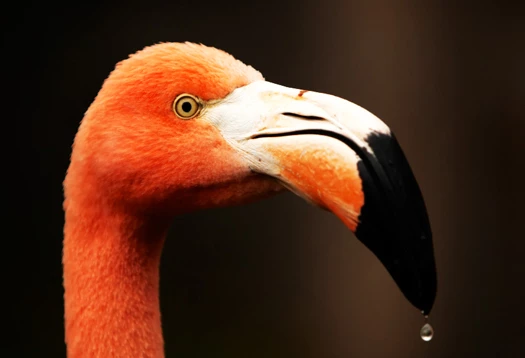 Source: Google
Source: Google
Birds Use Color During Migration
Ah, the sweet shift from summer to fall! You can feel the chill in the air, and everything gets a bit crisper, right? But here's the real showstopper: the trees throwing on their fancy autumn outfits.
For folks like us, it's like front-row seats to a natural fashion show. Every tree struts its stuff, changing colors like it's on a catwalk. And guess what? We eagerly await this color extravaganza every single year.Now, here's the cool part—birds are also tuning in to this fashion spectacle. When the trees switch from green to red, orange, or gold, it's like a birdie signal. They see those changing hues and think, "Time to pack up and head somewhere warmer!"
So, while we enjoy the leafy runway, birds are getting ready for their own seasonal adventure. Nature's way of telling everyone, "Change is in the air!
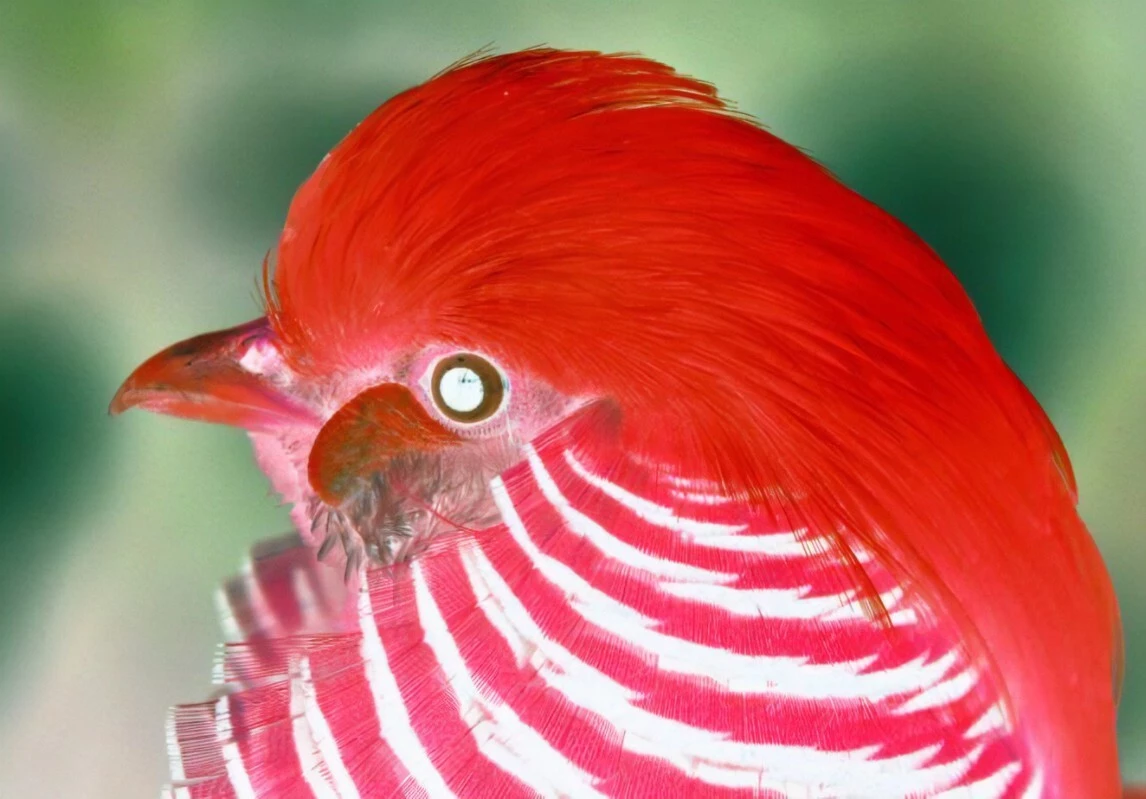 Source: Google
Source: Google
Birds Use Color To Identify Areas Of Safety
In the wild, it's a bird-eat-bird world! Yep, our feathered friends have their fair share of predators. Picture this: an owl silently swooping down or a hawk eyeing its next airborne meal—it's like a bird thriller out there!
Now, who are the culprits? Owls, hawks, and eagles are the big shots in the bird-predator scene. But here's the plot twist: It's not just the winged villains. Sneaky snakes, crafty coyotes, and bold bobcats also join the birdie buffet party.
These predators aren't exactly blending in with the scenery. Nope, their earthy tones and neutral colors might as well be a big sign saying, "Birds, beware!" It's like nature's way of keeping the drama alive in the wild.
Best Colors To Attract Birds
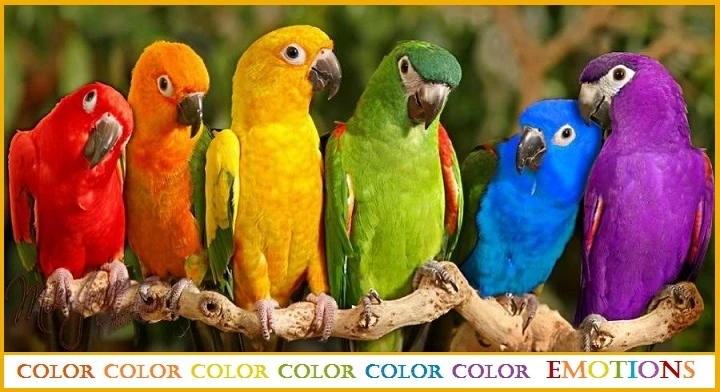 Source: Google
Source: Google
Birds, like us, have their own color preferences, and it's not just about looking pretty—it's about survival and love!
Ever seen a hummingbird zipping around? They're all about the red and pink hues. It's like their personal snack signal. Orioles and some hummingbirds are also big fans of orange.
Goldfinches, warblers, and hummingbirds have a soft spot for the color yellow, while bluebirds and jays are all about the blues.
Now, for the more subtle tones: Gray, brown, and green are like the VIP colors for birds who prefer to keep it low-key. Doves, quail, thrushes, and others who hang out on the ground go crazy for these earthy shades. It's like a color code for safety and comfort, making them feel right at home.
How Many Colors Do Birds Hate?
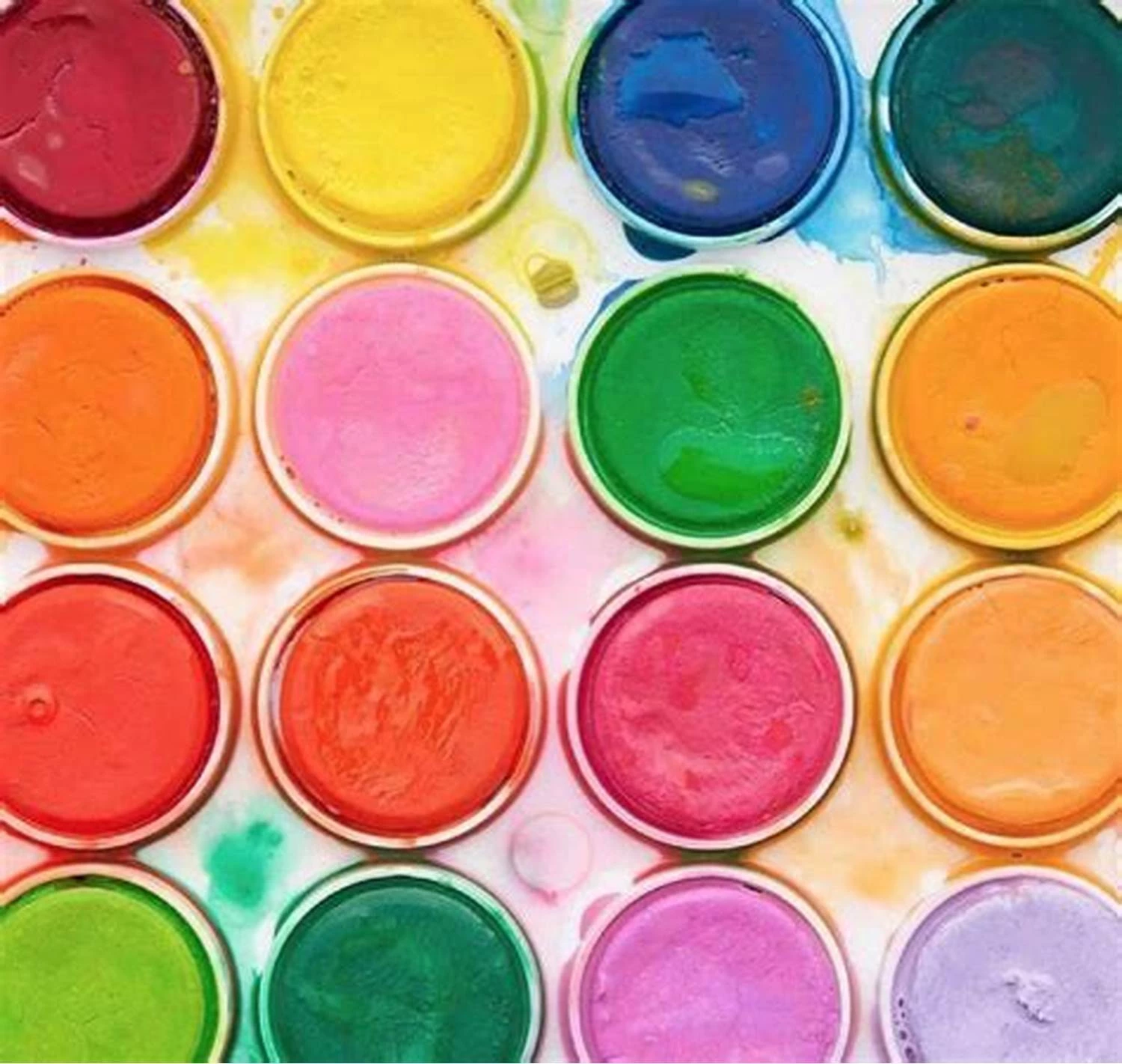 Source: Google
Source: Google
Here are four colors that birds hate and will do their best to avoid: White, Red, Blue, and Metallic colors.
Picture this: a snowy day with sunlight bouncing off the fresh white snow—talk about a bright spectacle! Now, for our bird buddies, white isn't just a dazzling color; it's a signal of alarm and potential trouble.
Take the northern mockingbird, for example. When it flashes those white patches on its wings, it's like nature's warning sign—territory alert! This bird won't hesitate to give intruders a visual heads-up before taking action.
Now, about those other colors. Red and blue can indeed be eye-catching, especially if a bird's feathers match. But here's the twist: Purdue University's study suggests that red and blue LED lights might create a sort of "avoidance behavior" in birds.
As for metallic colors—silver, gold, and copper—birds steer clear. Reflective bling might be stylish for us, but for birds, it's like wearing a neon sign saying, "Predators, come get me!" So, if you want to keep our feathered friends at a distance, maybe skip the metallic décor in your outdoor space.
Conclusion
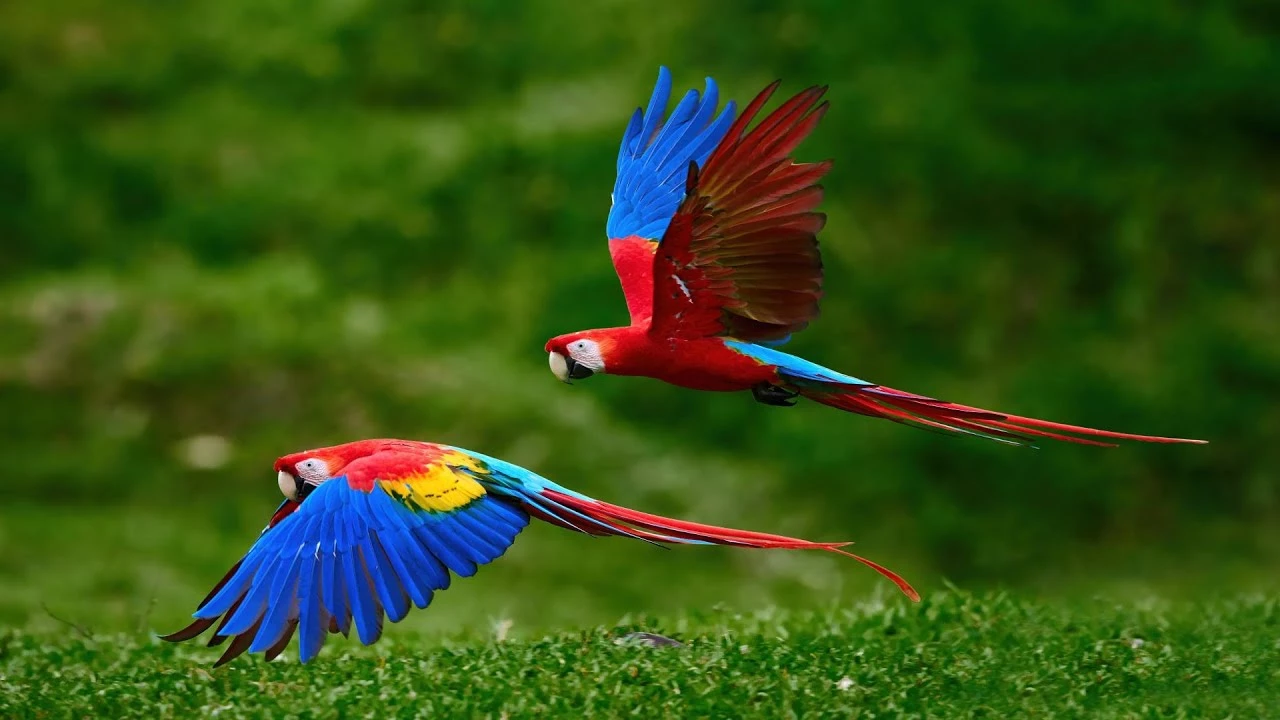 Source: Google
Source: Google
In conclusion, we have an answer to the question, "Can birds see color?" They aren't just nature's colorful performers; they're savvy communicators using hues to navigate their world. Whether signaling breeding readiness or identifying safe areas, the spectrum of colors plays a crucial role in their survival and social dynamics.
So, when creating a bird-friendly space, consider their color preferences for a feathered paradise in your backyard. And remember, while birds adore a vibrant palette, it's wise to be mindful of colors they might find alarming—keeping it colorful yet bird-friendly is the key to a harmonious avian habitat.